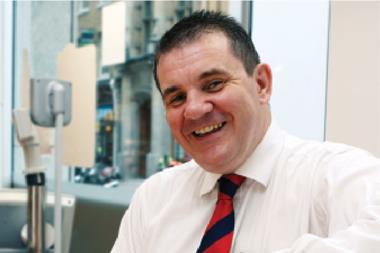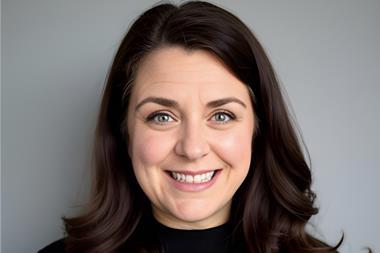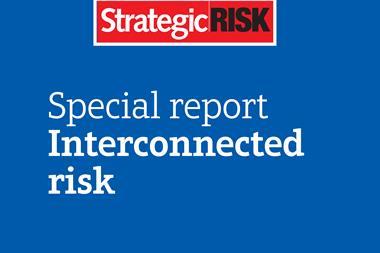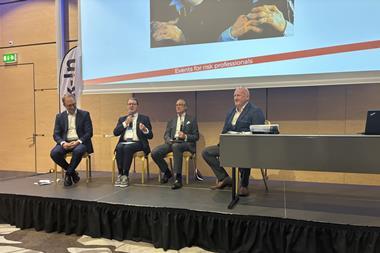The volunteers at London 2012 exhibited behaviour that is something of a holy grail for commercial organisations
You might think that to fling 70,000 semi-trained, unpaid volunteers into the thick of your most important project for a century and let them get on with performing more than 800 different tasks, all of them vital for success, would be a risk hardly worth contemplating. Yet the volunteer ‘games makers’ at the London Olympics have been heralded as one of the most successful ingredients of the games.
Already, corporate think tanks are scratching their heads and wondering what lessons can be drawn that are applicable to business. An article carried by the Harvard Business Review remarks: “When people interact with an enterprise, they don’t want to encounter mere role-players, no matter how skilful they might be in their roles. They want authenticity, a sense that people are personally invested in their work.”
The volunteers, say the authors, provided exactly that by “expressing their personal quirks and foibles in the seemingly mundane activities of giving people directions. They are expressing overwhelming enthusiasm and pride in taking part in something positive and important.”
That, of course, is the Holy Grail. But it is a far cry from the Olympics to the average organisation, which must continue to face its customers day in, day out, through good times and bad. Nevertheless, that sense of authenticity is worth striving for, and many leading enterprises attempt to do just that, proclaiming a passionate commitment to brand promise and corporate endeavour - usually summed up in a pithy mission statement whose ethical values are unimpeachable.
Replacing enthusiasm with cynicism
The trouble is that nine times out of 10, performance does not live up to expectation, leading customers and workforce to replace enthusiasm with cynicism. No team building or customer relations initiatives can succeed unless those tasked with delivering the service are genuinely committed. And ensuring people are personally invested in their work takes something special.
It is no coincidence that McDonalds, whose success has depended on an unrelenting focus on customer relations, was responsible for training the Olympics volunteers. Yet delivering the ‘games makers’ involved stressing values somewhat different from those required to flip burgers.
Volunteers were presented with the mnemonic ‘I DO ACT’, standing for Inspirational, Distinctive, Open, Alert, Consistent and part of the Team. In other words, don’t be afraid to express your individuality within the overall context of the task. And there is the key - nothing dreary about staying on message or sticking to prepared scripts - just get out there and let your personality and enthusiasm shine through. And it worked - not just for visitors, but for the volunteers too.
The time of our lives
A trawl of Twitter #gamesmakers or of the numerous blogs reveals hardly a dissenting voice, with many saying it was the best two weeks of their lives, despite 10-hour shifts and 3am rises. How was this achieved? Answer: trust in individuals, friendly and efficient support, and personal leadership.
It is worth noting how those involved in the opening ceremony, rehearsing in teeming rain in a bleak car park, constantly mention the openness, gratitude and inspiration provided by Danny Boyle, the director. And how, rather than issue confidentiality edicts, he merely asked the 10,000 people who saw his dress rehearsal to ‘save the surprise’ for the rest of the world. Which they did. SR




















No comments yet